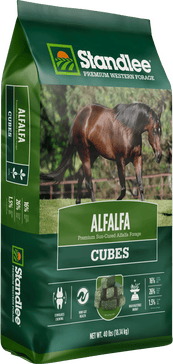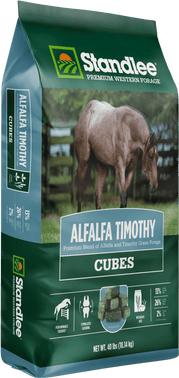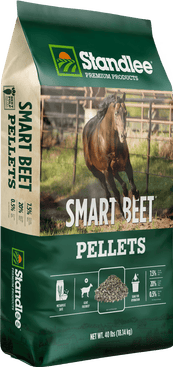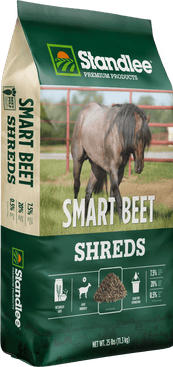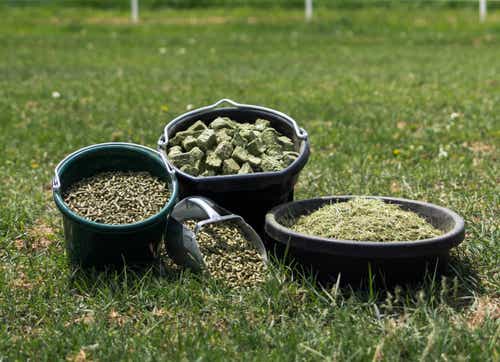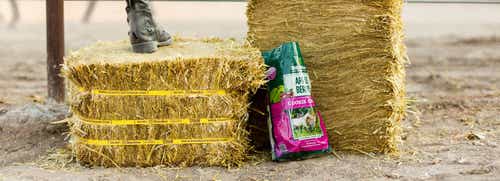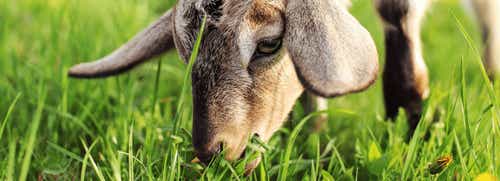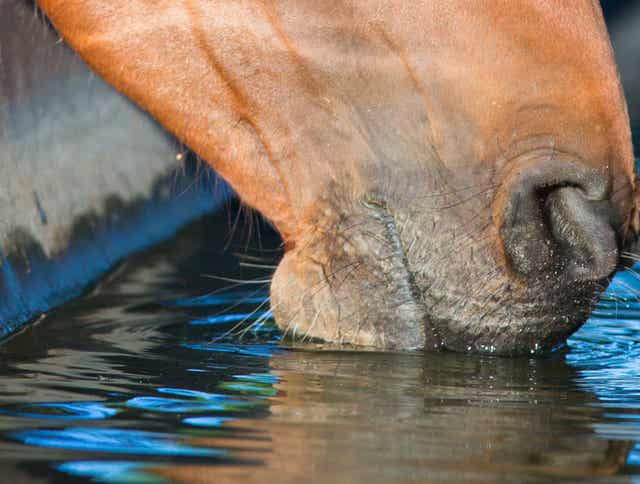
Fuel, Fiber, and Fluids: The Secret to Keeping Horses Hydrated
When summer heat rolls in, keeping your horse hydrated becomes more than just a good practice - it’s essential for their health, safety, and performance. Dehydration in horses can lead to serious consequences, from reduced stamina and sluggish recovery to digestive issues and even colic. But while clean water and electrolytes are obvious must-haves, many horse owners overlook one of the most effective hydration tools in the barn: forage - especially soaked forage and beet pulp.
Let’s explore how forage isn’t just feed - it’s a hydration strategy in disguise.
Why Hydration Matters for Horses
Water is the single most important nutrient in your horse’s diet. It supports digestion, temperature regulation, joint lubrication, and cellular function. In the heat of summer or during periods of exertion, horses lose large amounts of fluids through sweat. If not replenished, this can quickly lead to dehydration.
How much water should a horse drink daily?
On average, a horse drinks 5 to 10 gallons of water per day. However, during hot weather, heavy exercise, travel, or lactation, that number can rise significantly.
Signs of Dehydration in Horses
Understanding the signs of dehydration in horses can help you catch problems early.
Watch for:
- Dry, sticky gums instead of moist, slick ones
- Skin tenting: Pinched skin doesn’t return quickly
- Sluggish capillary refill: Gums take longer than 2 seconds to regain color
- Lethargy, reduced appetite, or dull behavior
- Dark, concentrated urine or reduced output
If you notice any of these symptoms, take action quickly to support hydration.
How Forage Supports Horse Hydration
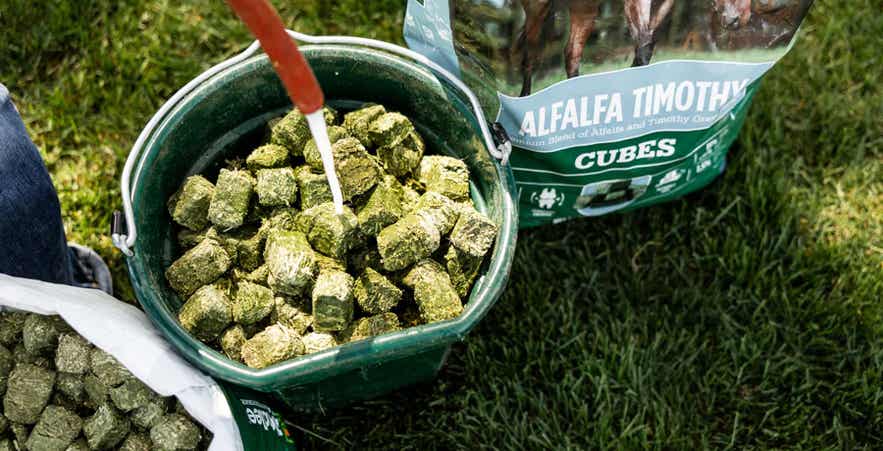
Hydration isn’t just about water troughs - it’s about diet, too. High-fiber forage plays a vital role in horse hydration, both directly by contributing moisture and indirectly by encouraging water intake and aiding fluid retention.
Soaked Forage Adds Water to the Diet
Soaked hay for horses, forage cubes for hydration, and Smart Beet beet pulp products are all excellent ways to increase your horse’s moisture intake. Soaking hay or forage cubes can significantly boost daily water intake, especially for horses prone to drinking less. The benefits of soaked forage for horses include:
- Easier digestion and reduced risk of impaction colic
- Higher water content in every bite
- Encouragement to eat (and drink) in picky horses or senior horses with dental issues
Beet Pulp: A Hydration Powerhouse
So, is beet pulp good for horse hydration? Absolutely. When soaked, Smart Beet Pellets or Shreds become a super-hydrating, digestible fiber source. They absorb several times their weight in water and help retain fluids in the digestive tract. This makes them ideal for:
- Performance horses with higher sweat loss
- Horses traveling or under stress
- Horses that need additional calories with hydration benefits
Many owners find beet pulp for horse hydration especially helpful in summer or dry climates.
Fiber Helps Regulate Fluid Balance
The natural fiber in forage acts like a sponge in the gut, helping horses retain water longer. It also supports healthy gut movement and fermentation in the hindgut, which not only improves nutrient absorption but also plays a role in balancing electrolytes and maintaining hydration.
Chewing Forage Encourages Thirst
Horses produce up to 10 gallons of saliva a day while chewing long-stem forage. That saliva production drives thirst, nudging horses to head back to the water trough and maintain better hydration habits.
Hydration Tips for Horses in Hot Weather
Summer heat, humidity, and travel can all challenge your horse’s hydration. Use these natural ways to hydrate horses and keep them performing at their best:
- Provide unlimited access to clean, cool water
- Offer soaked forage daily, especially during extreme heat
- Feed soaked beet pulp and cube products to add moisture and fiber
- Supplement electrolytes for horses working hard or sweating heavily
- Monitor horse water intake in heat; know what’s normal for your animal
- Flavor water (with apple juice or electrolytes) to encourage drinking during travel
- Feed more forage and reduce dry, concentrated feeds during heat waves
Hydration Strategies for Performance and Travel
Hydration strategies for performance horses should begin days before an event. Soaked forage and beet pulp can pre-load the digestive system with moisture. During travel, horses may be reluctant to drink unfamiliar water - flavoring it or bringing water from home can help. Horse hydration during travel is especially critical in summer months.
Conclusion: Forage Is Fuel - and Fluid
Incorporating hydrating forage for horses into your daily feeding routine isn’t just about nutrition - it’s about prevention. From soaked hay and forage cubes for hydration to the powerful moisture-retention properties of beet pulp, forage plays an irreplaceable role in keeping horses hydrated, healthy, and performing their best. When temperatures rise, make sure your hydration plan goes beyond the bucket. A thoughtful forage strategy - complete with soaked hay, beet pulp, and attention to fluid intake - can make all the difference in your horse’s health.

